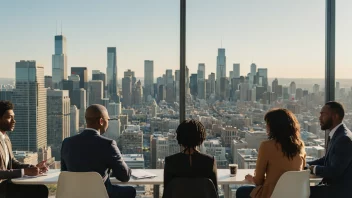Understanding Social Isolation
Social isolation refers to a lack of social connections or interactions with others. It can occur in various forms, such as living alone, not having a supportive network of friends or family, or experiencing significant life changes that lead to withdrawal from social activities. While often overlooked, the impact of social isolation on physical health can be profound, influencing everything from cardiovascular health to immune function.
1. Increased Risk of Cardiovascular Disease
Social isolation has been linked to a higher risk of heart disease. Studies indicate that individuals who feel isolated are more likely to develop hypertension and other cardiovascular conditions. This is partly due to increased stress and anxiety levels, which can elevate blood pressure and strain the heart.
2. Weakened Immune Function
Isolation can compromise your immune system. Research shows that individuals who lack social interactions may have lower levels of immune response. This makes them more susceptible to infections and illnesses, as the body's ability to fight off pathogens diminishes without the support of social engagement.
3. Higher Rates of Chronic Illness
Socially isolated individuals often experience higher rates of chronic conditions. Conditions such as diabetes, obesity, and even certain cancers have been correlated with feelings of loneliness and isolation. The lack of motivation to maintain a healthy lifestyle, coupled with increased stress, can exacerbate these health issues.
4. Deterioration of Mental Health
Social isolation is a significant risk factor for mental health disorders. Feelings of loneliness can lead to depression, anxiety, and other mental health issues, which in turn can manifest physically. The mind-body connection suggests that mental health is crucial for maintaining overall physical health.
5. Poor Sleep Quality
Isolation can lead to disrupted sleep patterns. Studies have shown that individuals who feel socially isolated often experience insomnia or other sleep disorders. Poor sleep can have cascading effects on physical health, including weight gain, reduced cognitive function, and increased risk of chronic diseases.
Conclusion
Social isolation is more than just a feeling; it can have serious consequences on physical health. By understanding these impacts, individuals and communities can work towards fostering social connections and support systems that promote better health outcomes. Addressing social isolation is vital for enhancing the well-being of individuals and society as a whole.






